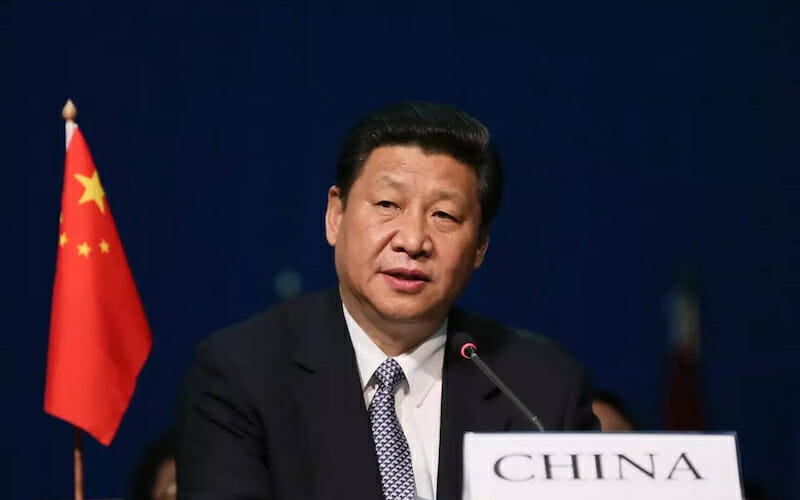
Forecast Gives Xi Clear Skies Ahead
Even the weather in China is political. The forecast for Beijing on October 18 is clear skies and little pollution.
Normal life in China will be eclipsed as the Communist Party prepares for its conclave, the 19th congress. Communities in Beijing are being spruced up, most firms have cancelled leave around the time the congress starts, the 18th and TV schedules have been rearranged. Beijing residents are already mentioning “Congress Blue,” denoting pollution-free days as factories are told to curb production and emissions for the week-long event.
Like eclipses, party congresses are rare, just twice a decade, and President Xi Jinping is hoping for an alignment of forces to bolster his position for the next five years and to possibly go where no man has gone before, a third term as president. This congress will go a long way to determining if China’s political system, in place since 1978 when party congresses were formatted and presidential terms set by precedent to two-five years stints, will be upended.
About half of China top leadership will be replaced at the congress. Nothing has been left to chance. Everything has been agreed after months of meetings and horse trading. Even the date of the congress is seen as symbolizing everything has been worked out. Any later date, congresses are traditionally held in or around mid-October, might indicate entrenched opposition to Xi’s plans and it could not be any earlier as the country celebrates mid-autumn festival at the beginning of October.
Xi’s rise as the party’s “core” leader and his axing of one would-be successor suggests China’s biggest political event will be one from which Xi emerges stronger.
So what exactly is the congress? It draws together some 2,300 delegates from the ruling elite, including state and provincial leaders, top executives and generals. It provides a way for the elite to gauge the national temperature. Policies will be voted on, in essence rubber-stamped, but intriguingly it is the party’s charter, if it is rewritten, that could herald a new era. Leaders who have reached retirement age or fallen out of favor, will be replaced.
There have been indications of this political culling. In July, Sun Zhengcai, one of two politburo members born after 1960 and a rising star, was removed from his post in charge of the southwestern city of Chongqing amid disciplinary allegations. Chongqing is one of the biggest cities in the world and was seen as a stepping stone to greater things. Just a year previously, Xi had lavishly praised Sun’s running of the city.
The one-time presidential contender was replaced with a long-time Xi associate.
The week-long event begins with a speech by Xi laying out the party’s priorities. But how will we know what has happened? Simple. If the party charter has been changed in a manner that suits Xi, by say for instance, clearing the way for a third term or making it easier for Xi to be the power behind the throne five years hence then we know Xi has swayed the congress.
The congress will replace about half of the party’s 200-member Central Committee, including as many as five of the seven members on the supreme body, the Politburo Standing Committee, or should if the current retirement regulations are honored. On the last day, the committee’s new line-up will be revealed by walking in line of seniority, after Xi and the premier, Li Keqiang, on stage following the closing session. Xi’s ascension to the standing committee a decade ago heralded his rise to the top in 2012.
We know what Xi wants. Political cover for both him and his allies. He has launched an anti-corruption campaign targeting big tigers of the party but the targets have been selective, the more opposed you were to Xi, the more likely you would be targeted. There are issues to be dealt with, modernizing and reducing in size the world’s largest military, slashing China’s $33 trillion debt pile or signaling an end to the credit binge and letting some major but money losing state-owned companies to fold. Some limited measures have addressed these concerns but much more needs to be done. Xi wants to be able to choose his own successor, allowing behind-the-scenes influence, or break from recent convention and stay on for a third term. How far congress will acquiesce to these wishes will determine Xi’s and China’s near-term fate.
But first, the weather forecast for Beijing on October 18. Chances are there will be clear skies.

